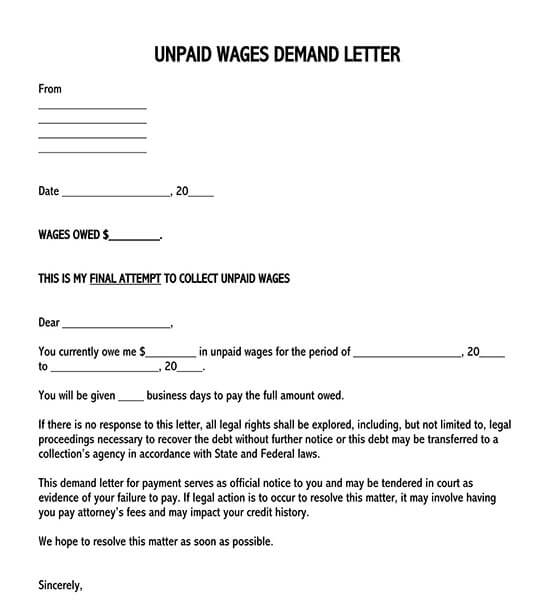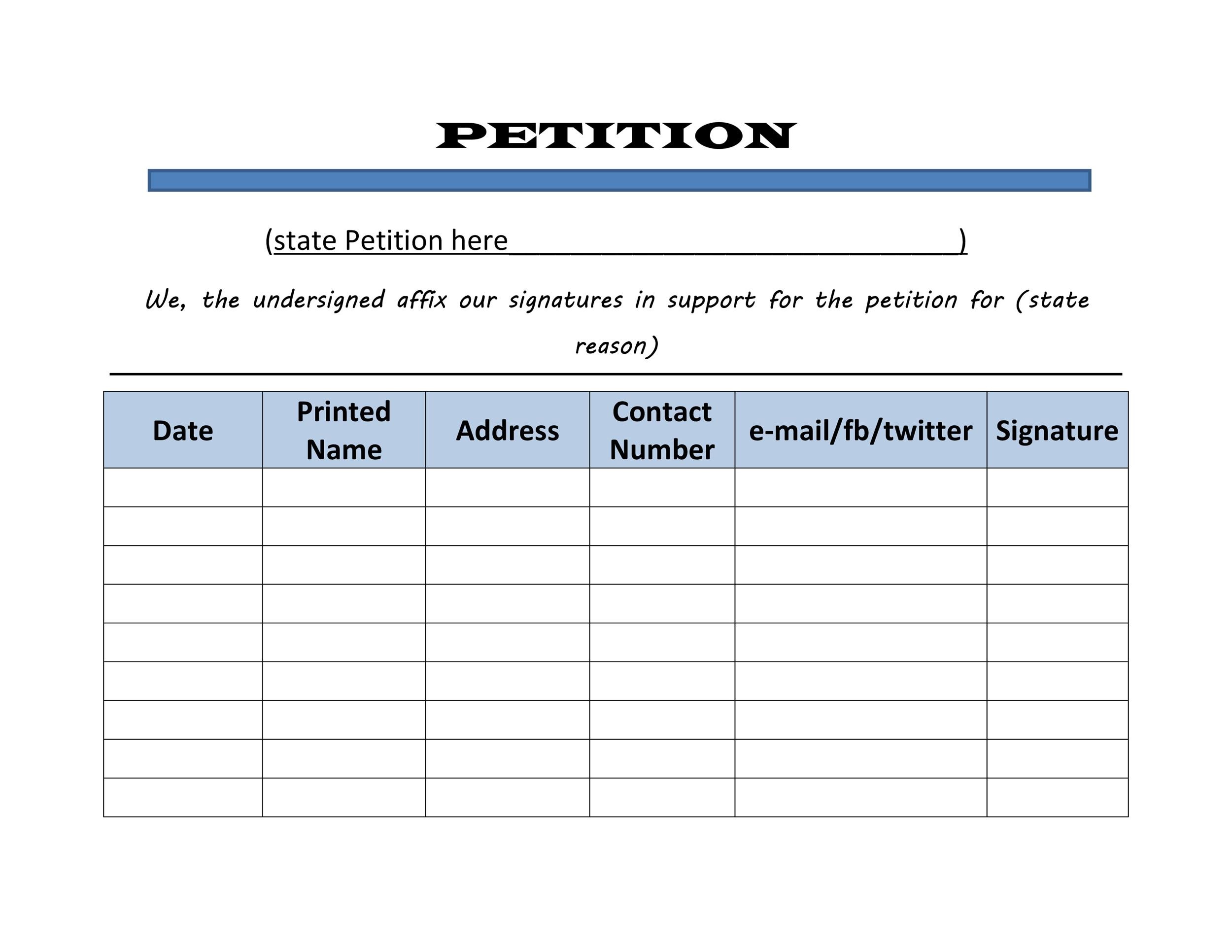A petition statement is a formal request to the U.S. Congress or any of its members for action, such as signing a bill into law, ratifying an international treaty, or initiating impeachment proceedings. Petitions to Congress are incorporated into the Congressional Record and public policy libraries may also contain them as well as copies at the Government Printing Office and the National Archives and Records Administration
Before writing, Know what you want to achieve: Do you want your congressman/woman to vote in favor of specific legislation? Do you want 100,000 people to sign this petition? It’s ok if those answers do not seem clear yet; however, knowing answers to those questions will inform how you write your statement because it will help you choose which petitions fit your goals.
When you want to write a petition. Follow the following guidelines:
- Introduce yourself, your state or district, and maybe even the office that you are writing to (i.e., Senator Maria Cantwell).
- Convey a sense of urgency. Think about the issue at hand and then think about how it is going to affect your community, friends, family, etc… Imply that something needs to be done now!
- Cite facts and figures if possible – these will give your lawmaker more ammunition for pushing for legislation or policy change.
- Be civil – this is not a personal attack on anyone, but make sure they know what you want from them as well as why you want it from them!
- By all means keep it short concise – most people won’t read more than a few short lines!
- Keep it focused, don’t write about anything else that’s not related to your petition.
- Sign it!
- Be specific in what you want – if you want your legislator to pass a bill by a certain date say so, state the deadline. If you want 100,000 signatures on the petition do not ask for 200 or 75 or 50 – set a goal and request as many as you can get!
- Consider writing individualized letters targeting different legislators – try and see what happens.
- Make sure your idea is realistic and achievable within reason (100% renewable energy 20 years from now maybe highly unlikely but having green roofs on all new construction might be more achievable and still make a difference!)
Petitions need to be written very clearly. The best petitions are about one issue; tend to be short (one or two pages), and contain specific instructions for what you want to be done. Petitions often begin by explaining the problem and then request that your legislator introduce legislation on the issue, vote for specific legislation, and/or commit resources to solve it.
For example: “Please let me know if you support our bill H.R. 4923 — ‘The Sunshine Act’ which will promote greater transparency in health care costs.” Or, “We ask that you work with us toward creating legislation such as HR 4923, so we may have access to information about how our tax dollars are being spent.”
Hope that this article was helpful!





